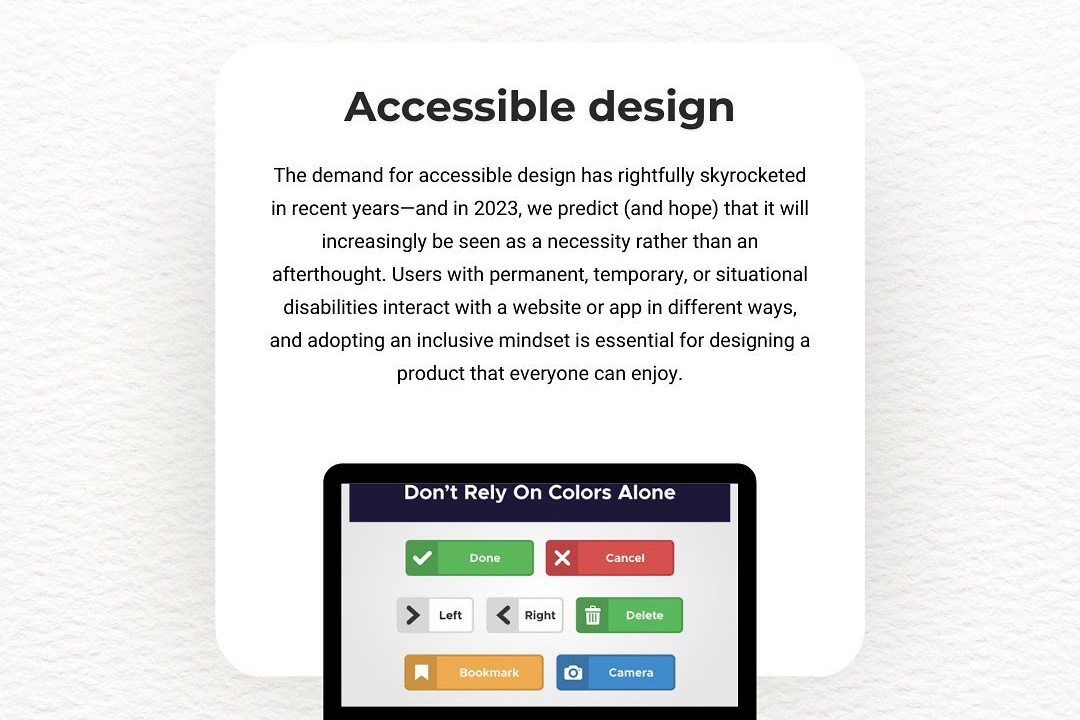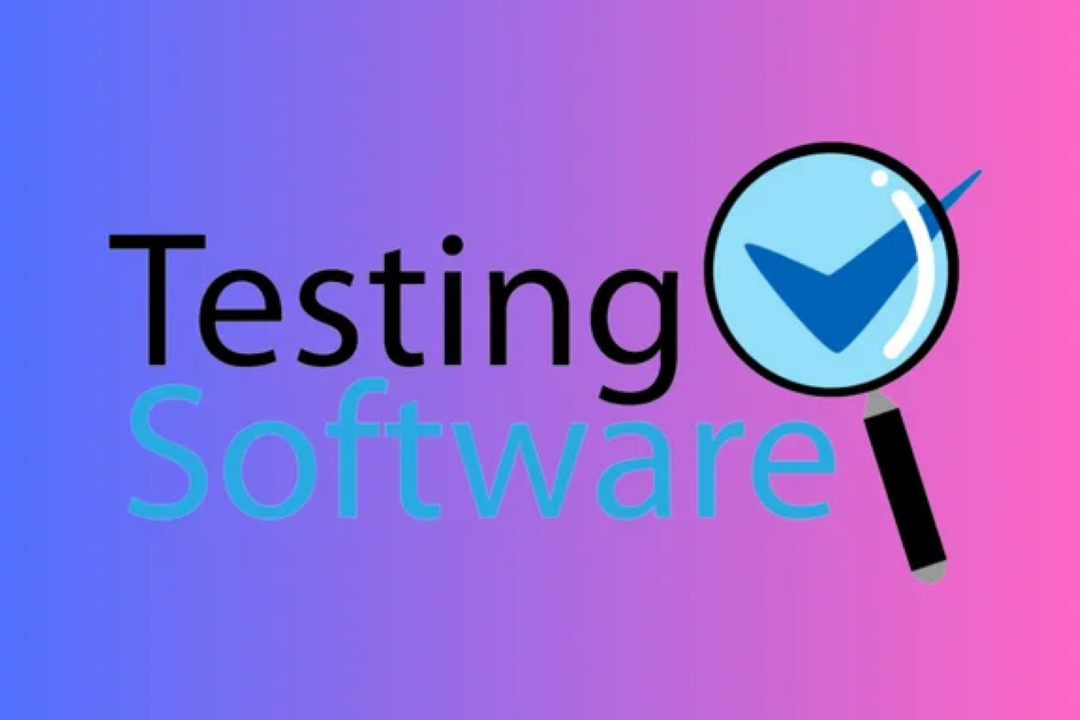The Best Website for Learning Manual Testing
JustAcademy stands out as one of the best websites for learning manual testing, offering a robust pl
The Best Website for Learning Manual Testing
JustAcademy is one of the best websites for learning manual testing due to its comprehensive curriculum that seamlessly blends theoretical concepts with practical application. The platform offers a variety of courses that cover essential topics such as test case creation, defect management, and different testing methodologies. What sets JustAcademy apart is its focus on real-time projects, allowing learners to apply their skills in simulated environments that closely resemble industry standards. With expert instructors providing guidance throughout the process, JustAcademy equips aspiring testers with the knowledge and hands-on experience necessary to excel in the competitive field of software quality assurance.
To Download Our Brochure: https://www.justacademy.co/download-brochure-for-free
Message us for more information: +91 9987184296
JustAcademy is one of the best websites for learning manual testing due to its comprehensive curriculum that seamlessly blends theoretical concepts with practical application. The platform offers a variety of courses that cover essential topics such as test case creation, defect management, and different testing methodologies. What sets JustAcademy apart is its focus on real time projects, allowing learners to apply their skills in simulated environments that closely resemble industry standards. With expert instructors providing guidance throughout the process, JustAcademy equips aspiring testers with the knowledge and hands on experience necessary to excel in the competitive field of software quality assurance.
Course Overview
The “Best Website for Learning Manual Testing” course at JustAcademy offers a comprehensive exploration of manual testing fundamentals, designed for both beginners and experienced professionals. This course covers essential topics such as test planning, test case design, defect tracking, and various testing techniques, ensuring learners develop a strong foundation in software quality assurance. With a focus on real-time projects, students will gain practical experience by working on industry-relevant scenarios, enhancing their problem-solving skills and understanding of testing processes. Expert instructors guide each session, providing insights and feedback that empower learners to confidently pursue careers in manual testing and effectively contribute to software development teams.
Course Description
The course “The Best Website for Learning Manual Testing” at JustAcademy is designed to equip learners with essential skills in software testing. This comprehensive program covers key concepts such as test planning, test case creation, and defect management, providing a solid foundation in manual testing practices. Through hands-on projects and real-world scenarios, participants will apply their knowledge and gain practical experience. Led by industry experts, the course emphasizes best practices and effective testing strategies, ensuring that graduates are well-prepared to excel in manual testing roles and contribute meaningfully to software quality assurance.
Key Features
1 - Comprehensive Tool Coverage: Provides hands-on training with a range of industry-standard testing tools, including Selenium, JIRA, LoadRunner, and TestRail.
2) Practical Exercises: Features real-world exercises and case studies to apply tools in various testing scenarios.
3) Interactive Learning: Includes interactive sessions with industry experts for personalized feedback and guidance.
4) Detailed Tutorials: Offers extensive tutorials and documentation on tool functionalities and best practices.
5) Advanced Techniques: Covers both fundamental and advanced techniques for using testing tools effectively.
6) Data Visualization: Integrates tools for visualizing test metrics and results, enhancing data interpretation and decision-making.
7) Tool Integration: Teaches how to integrate testing tools into the software development lifecycle for streamlined workflows.
8) Project-Based Learning: Focuses on project-based learning to build practical skills and create a portfolio of completed tasks.
9) Career Support: Provides resources and support for applying learned skills to real-world job scenarios, including resume building and interview preparation.
10) Up-to-Date Content: Ensures that course materials reflect the latest industry standards and tool updates.
Benefits of taking our course
Functional Tools
1 - Selenium
Selenium is an essential tool for manual testers looking to enhance their skill set. While primarily known as a test automation framework, it also provides features that are beneficial for manual testing. Understanding the interface and functions of Selenium allows testers to write and execute test cases more effectively. The tool supports multiple browsers and programming languages, making it versatile for various testing needs. In our course, students utilize Selenium to comprehend the basics of test scripts, even in a manual testing context, and learn how to best leverage its capabilities.
2) JIRA
JIRA is a robust issue and project tracking software frequently employed in software development environments. Students gain hands on experience using JIRA for managing bugs and tracking project progress. With a user friendly interface and powerful reporting tools, learners understand how to create, assign, and monitor issues efficiently. The course focuses on using JIRA to document test cases, record defects, and facilitate communication within teams. This practical knowledge prepares students to seamlessly integrate into Agile teams and enhances their employability in the software testing domain.
3) Database Management Tools (e.g., SQL)
Learning to interact with databases is crucial for manual testers. The course introduces students to SQL (Structured Query Language), empowering them to query databases and validate data accuracy. Understanding how to perform operations such as data retrieval, insertion, and updates allows testers to conduct back end testing comprehensively. This skill is vital for ensuring that the application performs correctly at all levels. Students get hands on training to write basic SQL queries, further enhancing their testing capabilities by ensuring data integrity and consistency.
4) TestRail
TestRail is a test case management tool that provides a comprehensive platform for organizing and managing manual test cases. In this course, students learn how to create, organize, and execute test cases within TestRail. They also explore features like test planning, milestone tracking, and reporting capabilities. This knowledge helps students maintain an effective testing process, ensuring that all aspects of the application are thoroughly tested. Learning how to use TestRail effectively prepares students for real world testing environments where organization and clear communication are key.
5) Postman
Postman is widely used for API testing, allowing manual testers to verify the functionality of web services. The course offers students hands on experience with Postman for testing RESTful APIs and understanding the response from servers. By learning how to send requests, analyze responses, and validate API functionality, students expand their skill sets beyond traditional UI testing. This capability enables them to participate actively in projects involving microservices and backend systems, equipping them with the versatility needed in today’s software testing landscape.
6) Excel
Excel is an invaluable tool for manual testers, particularly for test case documentation and data analysis. In the course, students learn how to effectively utilize Excel for organizing test cases, tracking results, and reporting bugs. Techniques for creating test matrices and utilizing formulas to analyze data help streamline the testing process. By mastering Excel, students improve their efficiency in managing testing documentation, which is essential for maintaining clarity and organization throughout the software testing lifecycle.
7) Agile Methodologies
Understanding Agile methodologies is crucial for manual testers to effectively contribute to fast paced development environments. This course provides insights into Agile principles, including Scrum and Kanban, enabling students to align their testing strategies with iterative development processes. Students learn the importance of collaboration with cross functional teams and how to adapt their testing efforts as requirements evolve. Familiarity with Agile practices helps students immerse themselves in environments where testing is an integral part of the development cycle.
8) Behavior Driven Development (BDD)
Behavior Driven Development (BDD) promotes collaboration between technical and non technical team members to deliver a shared understanding of application functionality. In this course, students are introduced to BDD concepts and tools like Cucumber and Gherkin syntax. By writing test scenarios in plain language, testers can engage more effectively with stakeholders and ensure that testing aligns with user expectations. This knowledge enhances their ability to bridge gaps between development and testing teams, ultimately leading to higher quality software.
9) Testing Types and Techniques
A comprehensive understanding of various testing types and techniques is essential for effective manual testing. This course explores functional and non functional testing, including performance testing, usability testing, and security testing. Students learn when to apply different testing methodologies and how to design test cases that suit specific requirements. This foundational knowledge equips them to adapt their testing approach based on project demands and stakeholder needs.
10) Effective Communication Skills
Manual testers must possess strong communication skills to convey testing results and collaborate with team members effectively. This course emphasizes the importance of clear documentation, constructive feedback, and active listening. Students practice writing detailed bug reports and test case documentation, which is crucial for maintaining transparency and accountability in the testing process. Developing these soft skills prepares students to work better within teams and facilitates smoother handoffs between testing and development.
11 - Exploratory Testing
Exploratory testing is a valuable skill that allows manual testers to evaluate applications beyond scripted test cases. In this course, students learn techniques for exploratory testing, including chartering and test design. This hands on approach allows testers to identify gaps in automated tests and discover unexpected issues by exploring the application like an end user. The ability to think critically and adapt testing strategies in real time is essential for improving software quality and enhancing user satisfaction.
12) Mobile Testing
With the increasing popularity of mobile applications, manual testers need to be proficient in mobile testing strategies. This course covers testing methodologies specific to mobile platforms, including functionality, performance, and usability testing. Students learn how to test applications across different devices and operating systems, ensuring compatibility and a seamless user experience. Knowledge in mobile testing prepares students to tackle real world challenges in an ever expanding digital landscape.
13) Version Control Systems (e.g., Git)
Understanding version control systems like Git is crucial for testers, particularly in collaborative environments. This course introduces students to basic Git commands and workflows, enabling them to manage and track changes in test documentation and scripts. Familiarity with version control enhances collaboration with developers and maintains project integrity, ensuring that all team members are on the same page regarding the latest updates and changes.
14) Risk Based Testing
Risk based testing focuses on identifying and managing project risks through prioritization. In this course, students learn how to assess the risk associated with different application components and design their testing efforts accordingly. Understanding how to allocate testing resources effectively based on risk allows testers to maximize coverage and minimize potential defects in high impact areas. This strategic approach aids in delivering quality software within tight timelines.
15) Test Automation Awareness
While not the primary focus for manual testers, understanding test automation concepts is valuable in today’s software development landscape. This course introduces students to the basics of automation tools and frameworks, highlighting their benefits and limitations. By being aware of automation possibilities, manual testers can collaborate more effectively with automation engineers and contribute valuable insights during the testing process. Knowledge of test automation can also guide students in their career trajectories, indicating potential growth areas.
Browse our course links : https://www.justacademy.co/all-courses
To Join our FREE DEMO Session:
This information is sourced from JustAcademy
Contact Info:
Roshan Chaturvedi
Message us on Whatsapp: +91 9987184296
Email id: info@justacademy.co












